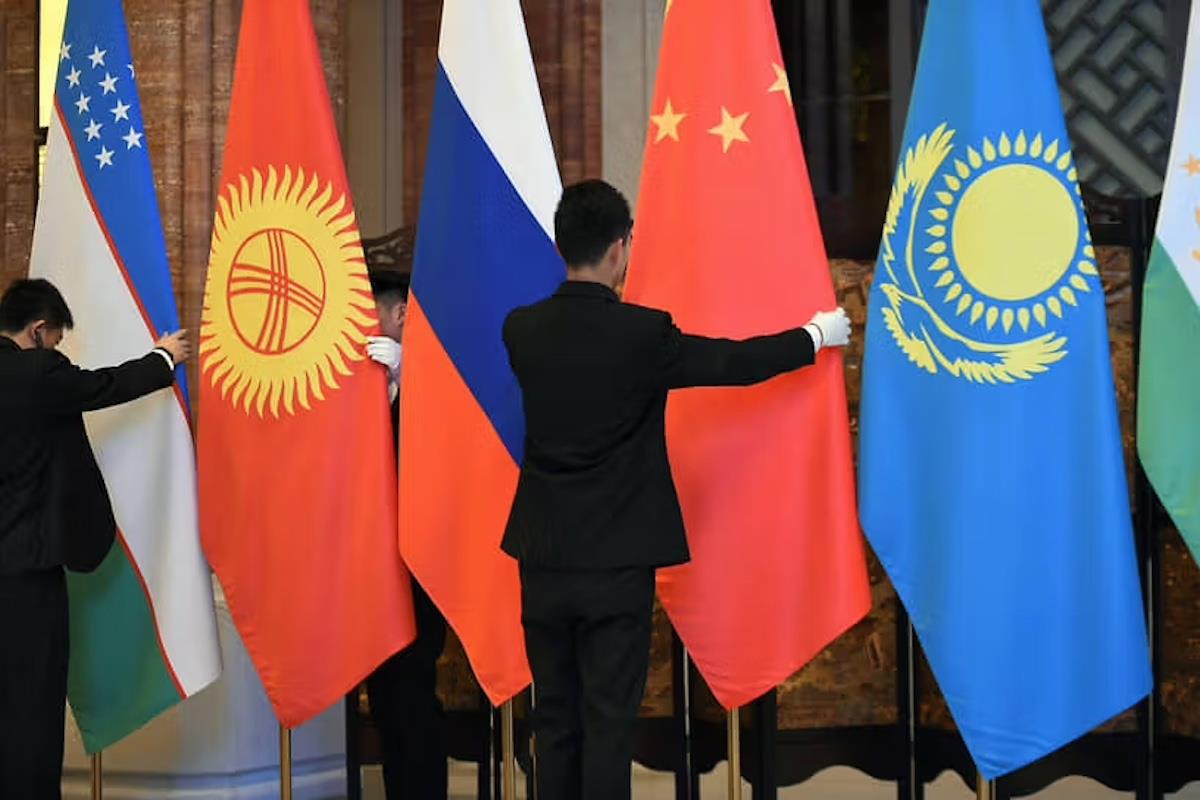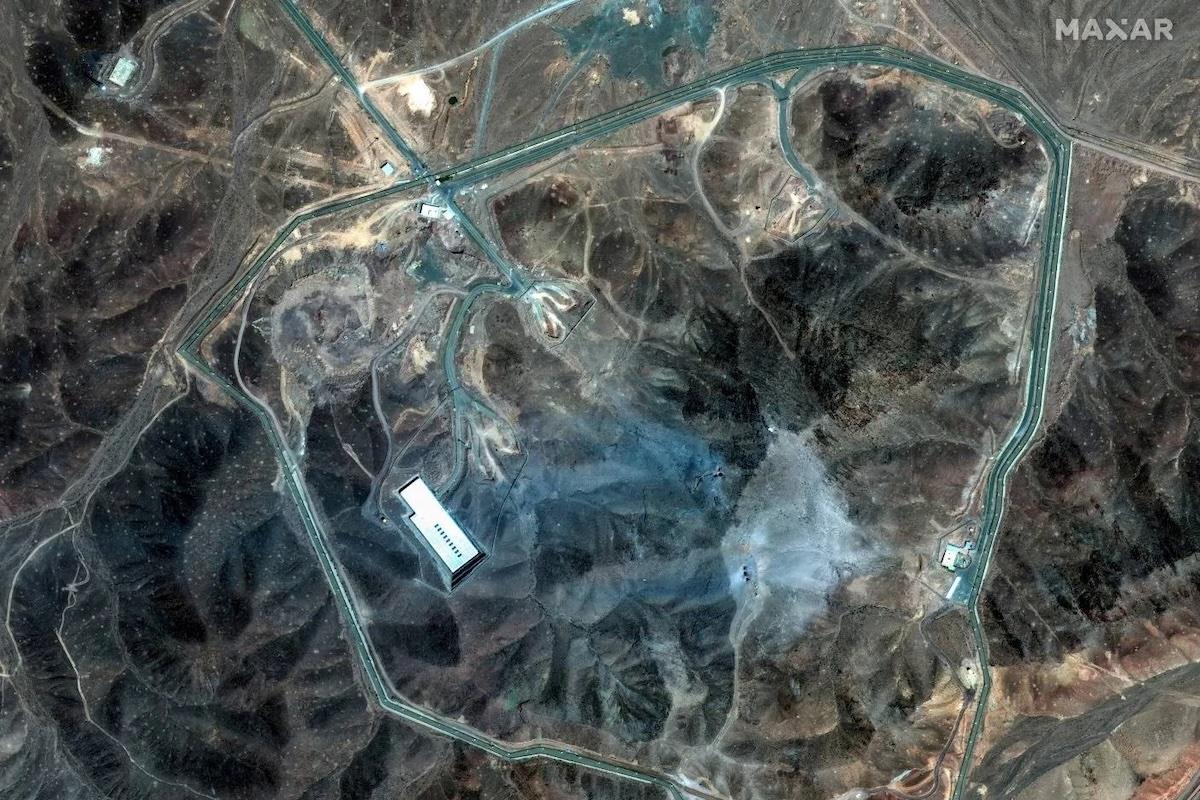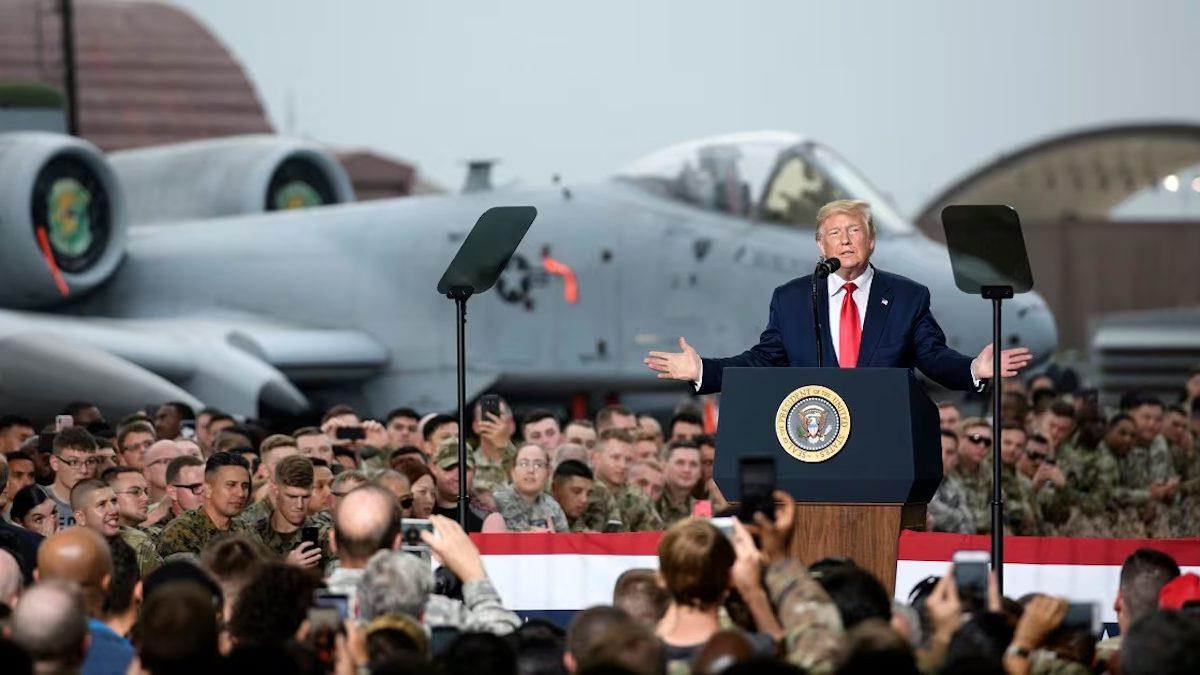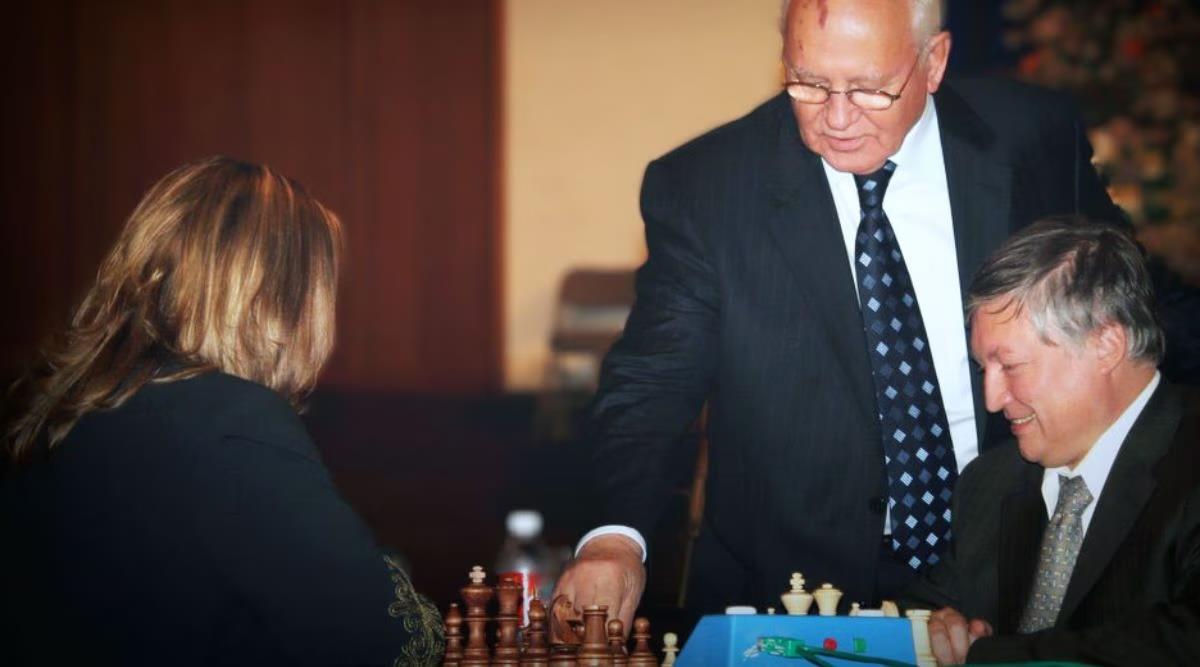China's Grand Global Plan On Full Display At SCO Summit
Over the past decade, Beijing's understanding and interaction with the so-called“global order” has undergone a significant transformation - from a historically deferential approach rooted in compliance with Western-led institutions, to now tentatively attempting to convene a coalition of the“aggrieved.”
For many SCO members, abstention costs more than participation. Central Asian states treat it as insurance against great power rivalry, while India stays engaged to prevent China from monopolizing regional leadership.
Belarus joined in 2024 less for benefits than to avoid isolation. Iran uses membership to counter diplomatic marginalization despite crippling sanctions. Whatever their motives, most members conclude that exclusion means forfeiting influence over conversations that will happen with or without them.
The recent summit confirmed this pattern across multiple domains. On security, the new Universal Center for Countering Security Challenges and Threats will not reconcile India and Pakistan, but it will extend the SCO's reach.
On economics, Chinese President Xi Jinping highlighted trade with SCO members that has surpassed US$500 billion and recast selective bilateral deals as signs of multilateral progress. Even the Belt and Road Initiative, still contested by India, folds easily into SCO bilateral discussions – giving Chinese projects Eurasian branding.
On governance, Beijing advanced its Global Governance Initiative, rejecting bloc politics and“Cold War mentality” while affirming loyalty to the UN and WTO – signaling opposition to US dominance without naming it. None of these commitments is enforceable, but their repetition may subtly shape, and eventually foster, new conceptions of legitimacy.
All the world's a stageUnlike Washington, which has long enjoyed a near-unrivalled position as the de facto convenor of the“coalition of values,” or as some cynical voices would put it, a“coalition of the empires”, Beijing has long been reticent about positioning itself as a hub or nexus for Global South leadership.
Much of this was epitomized by the late leader Deng Xiaoping's adage:“Hide your strength and bide your time.” Today, the winds of change are blowing wildly – and perhaps freely, too.
From BRICS+ to SCO, from BRI to the slew of“Global Initiatives” unveiled in recent years, Beijing appears intent on projecting its ability to convene not just any partner, but some of its most prominent allies, despite their intertwined rivalries, under its banner.

Legal Disclaimer:
MENAFN provides the
information “as is” without warranty of any kind. We do not accept
any responsibility or liability for the accuracy, content, images,
videos, licenses, completeness, legality, or reliability of the information
contained in this article. If you have any complaints or copyright
issues related to this article, kindly contact the provider above.
Market Research

- Gas Engine Market Analysis: Strong Growth Projected At 3.9% CAGR Through 2033
- Daytrading Publishes New Study On The Dangers Of AI Tools Used By Traders
- Excellion Finance Launches MAX Yield: A Multi-Chain, Actively Managed Defi Strategy
- United States Lubricants Market Growth Opportunities & Share Dynamics 20252033
- ROVR Releases Open Dataset To Power The Future Of Spatial AI, Robotics, And Autonomous Systems
- Blackrock Becomes The Second-Largest Shareholder Of Freedom Holding Corp.























Comments
No comment